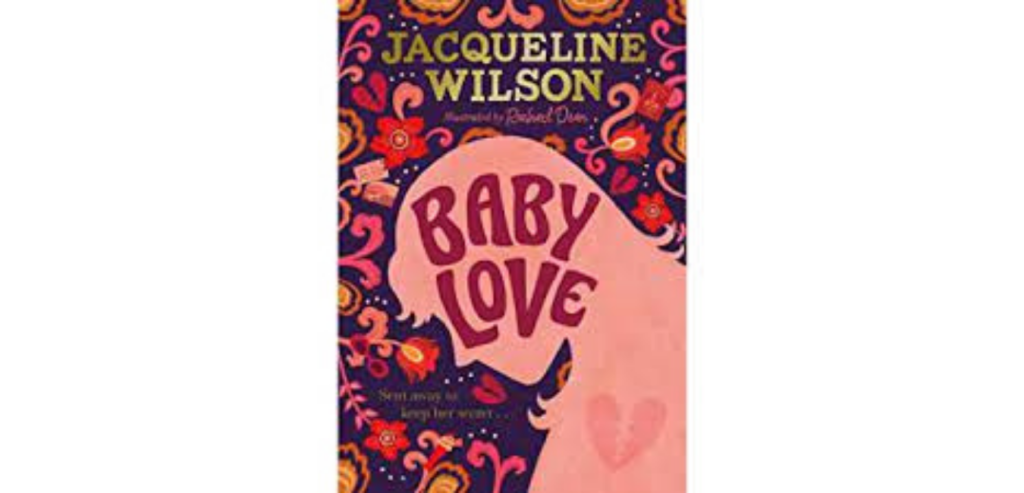
Jacqueline Wilson’s recently published book -Baby Love, tackles the issue of teen pregnancy in the 1960s. It is a good book that helps young people to understand how different life was in those days. It deals with shame, not just on the pregnant teen but also on her family. When the secret of the pregnancy is revealed, Laura, the pregnant teen is sent away to save the family from the shame. The book also deals with how it was difficult for a young person to express their views and being able to make informed choices.
It is an empowering book for young people as it may help them to consider issues of responsibility, relationships, friendships and sex education, this book gives insight into how we live in different times and the importance of informed choices and hearing the young person’s voice.
The book is not suitable for young children, but young people may find it helpful to read and perhaps inspire them.
“I wrote Baby Love to show how different life was back in 1960. I still remember it vividly. If a young teenage girl became pregnant she would usually be sent to a Mother and Baby Home and coerced into giving up her baby for adoption. It seems horrifying now, especially as women my age are still grieving for their lost children. My heart goes out to them.” Jacqueline Wilson
Legacy of historic adoption practices
The publication of Jacqueline Wilson’s new book has come out at the same time as the publication of the first tranche of the Joint Committee on Human Rights inquiry into the adoption of children of unmarried women between 1949-1976.
The aim of the inquiry is to listen to those affected by adoption during this period. The testimonies reveal the pervasive sense of shame, and secrecy combined with the pressures from society and institutions that led to unmarried mothers feeling they had no choice but to give up their babies to be adopted. Such inquiries are so important so that we can learn from the lessons and continue to improve practices.
The Joint Committee is holding a round-table event where members of the public can relate their experiences. For further information about how to take part, click here.
